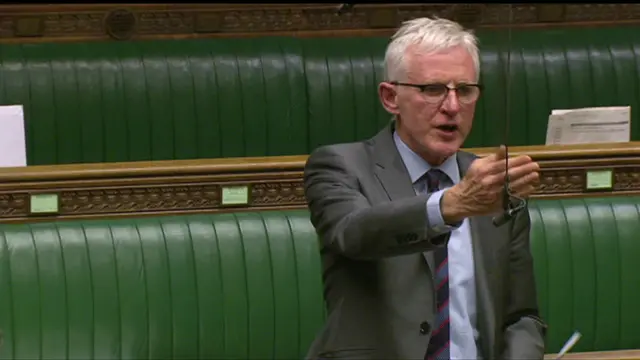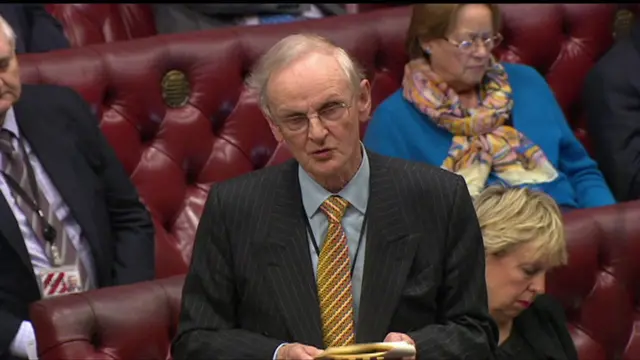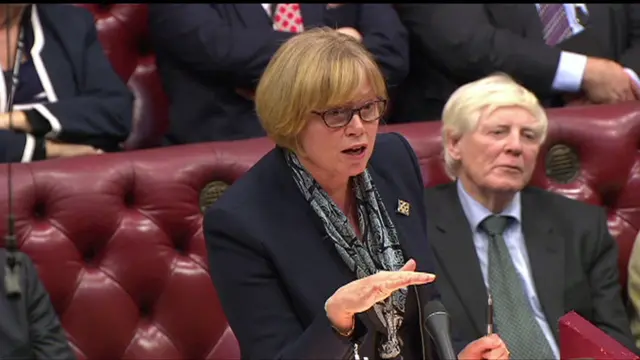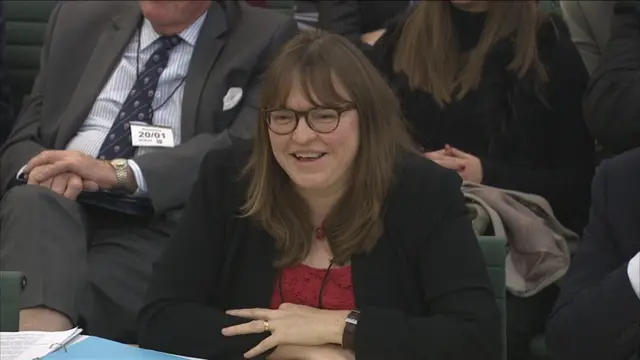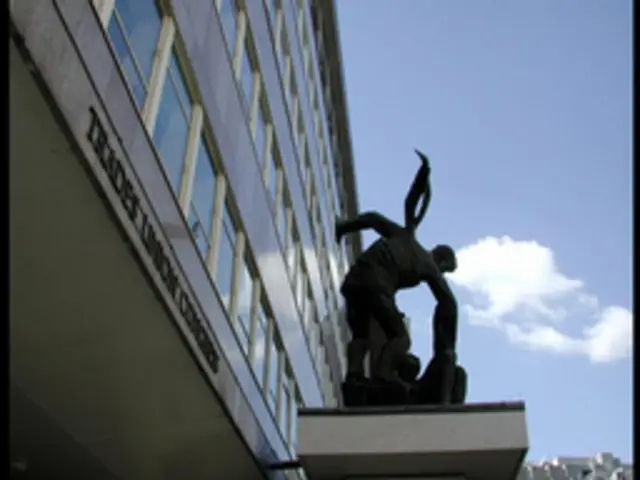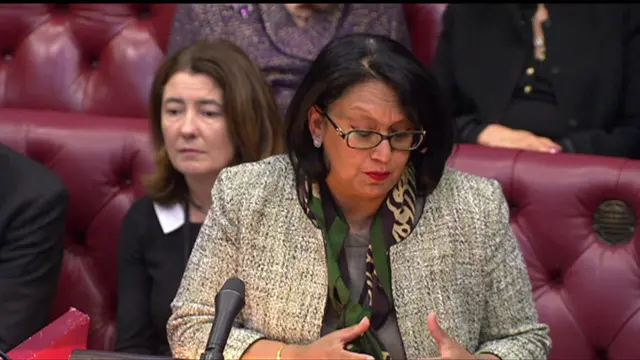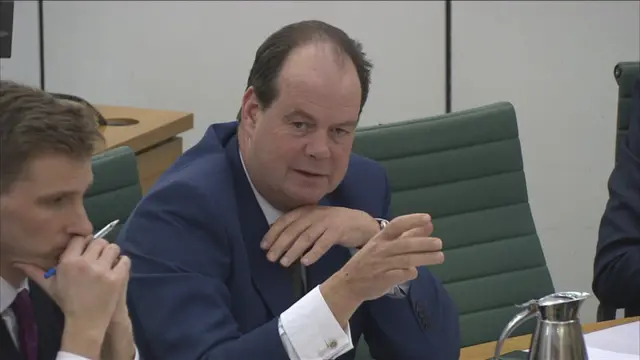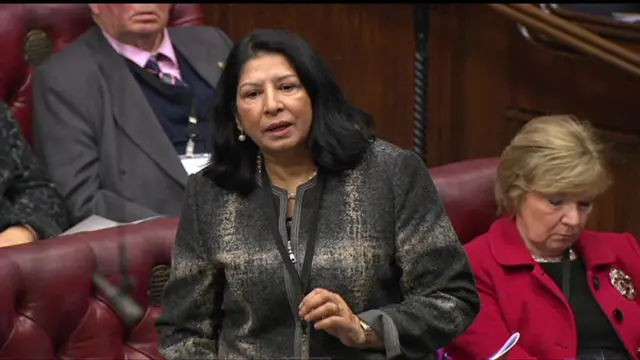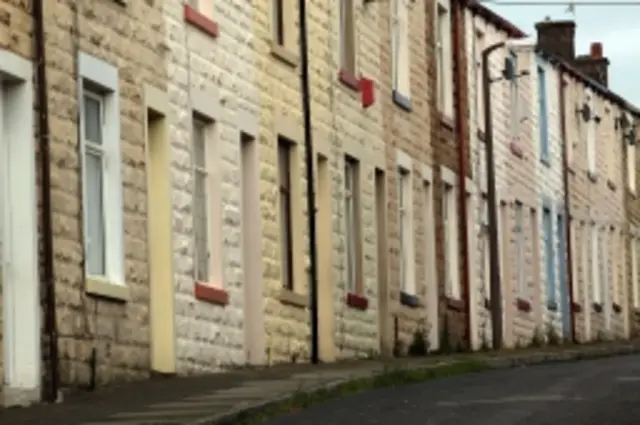The 'need for transparency'published at 16:08
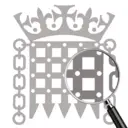 Select Committee
Select Committee
Parliament
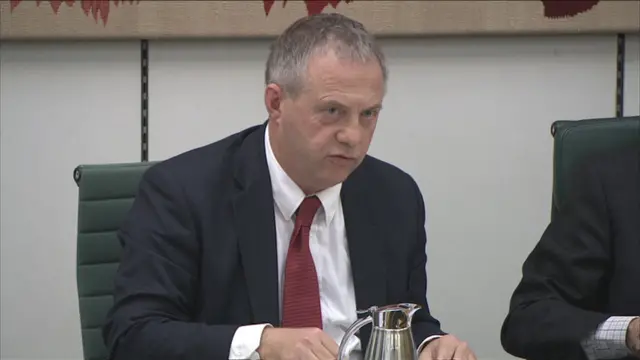
Labour MP John Mann returns to the decision to drop the review of banking culture.
Mr Mann says "culture in banks is crucial" and asks "whether it is a good thing or a bad thing that the FCA's chief executive has been sacked and its cultural review has been dropped - which it has been in a very profound way, is it not appropriate that there is full and open transparency to enable a full and open public debate on the FCA's decisions?"
Mr Griffith-Jones responds saying: "I am extremely happy to share with this committee at the level of detail that is deemed appropriate...to give you confidence of what we are doing."
The FCA chairman says he believes the culture in banks is improving but "we have some way to go".

